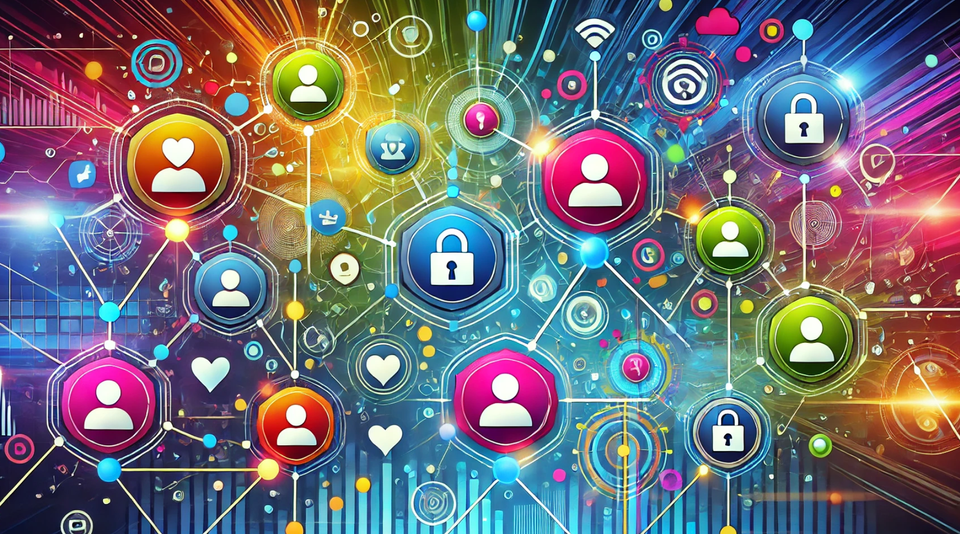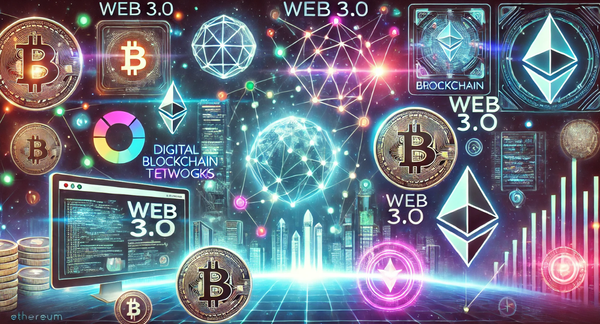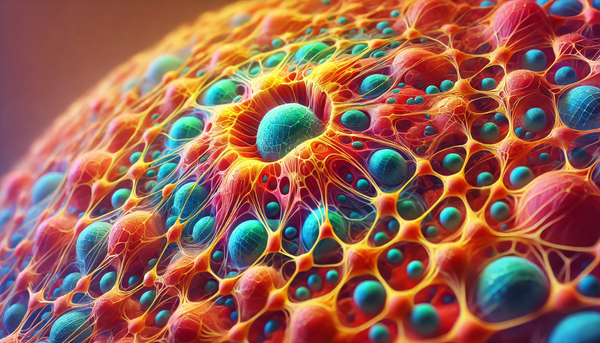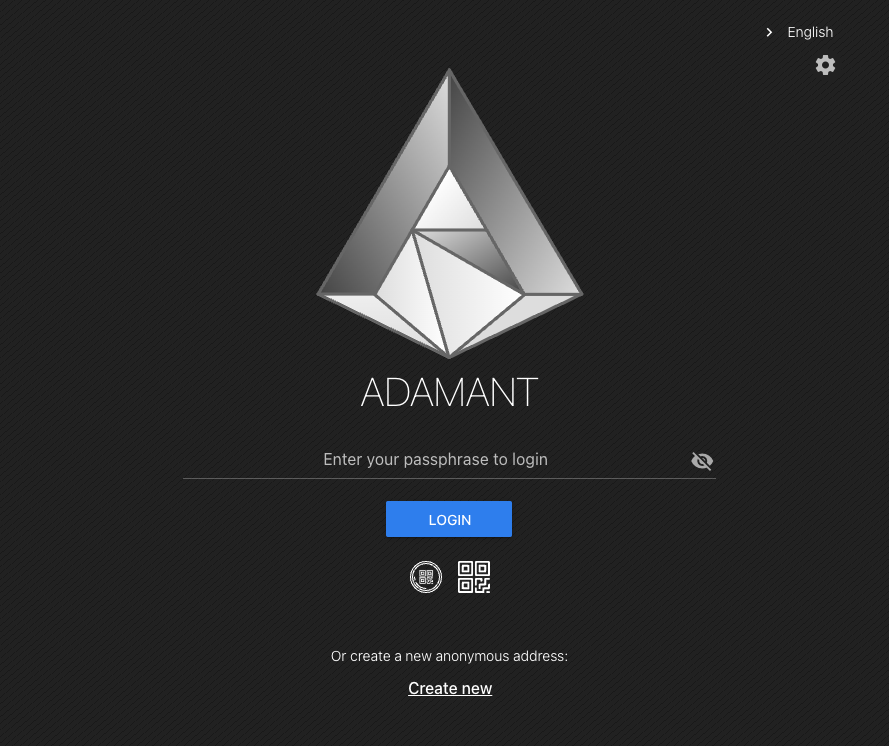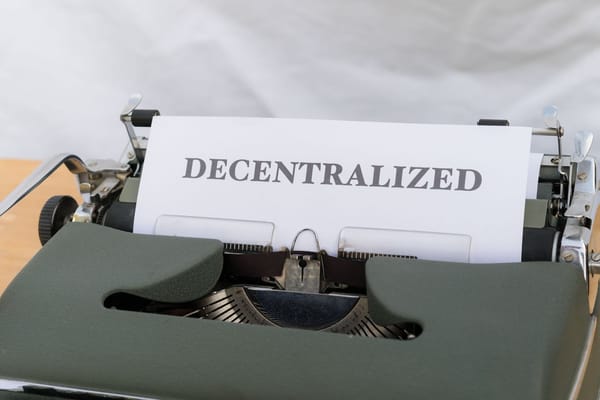10 Reasons to Move to Decentralized Social Networks like Mastodon
Table of Content
In recent years, the landscape of social media has evolved dramatically. With growing concerns about privacy, data ownership, and the monopolistic power of major platforms like Facebook, many users are exploring alternatives.
Decentralized social networks like Mastodon offer a compelling option.
What is Mastodon?
Mastodon is a decentralized social network designed as an alternative to traditional social media platforms like Twitter and Facebook. It is part of the broader Fediverse (federated universe), a collection of interconnected but independent servers that communicate with each other using a common protocol.

Before we jump to the reasons, let's first explore the different between decentralized social networks and the centralized ones.
Differences Between Centralized and Decentralized Social Networks
The structure of a social network significantly impacts its functionality, control, and user experience. Here’s a detailed comparison between centralized and decentralized social networks:
1. Control and Governance
Centralized Social Networks:
- Single Authority: Platforms like Facebook, Twitter, and Instagram are controlled by a single entity or organization. This central authority makes all major decisions regarding the network's operation, policies, and changes.
- Top-Down Management: Rules, policies, and content moderation are enforced by the central authority, often leading to uniformity across the network.
Decentralized Social Networks:
- Distributed Control: No single entity controls the entire network. Governance is distributed among multiple independent nodes or servers.
- Community-Driven: Each node or server can set its own rules and policies, allowing for diverse governance structures that reflect the values and needs of specific communities.
2. Privacy and Data Ownership
Centralized Social Networks:
- Data Collection: The central authority often collects and stores large amounts of user data, which can be used for targeted advertising and other purposes.
- Limited User Control: Users typically have limited control over their data and how it is used or shared by the network.
Decentralized Social Networks:
- Enhanced Privacy: Data is not controlled by a single entity, reducing the risk of mass data collection and exploitation.
- User Ownership: Users have greater control over their data, including how it is stored and shared. This can lead to better privacy and data security.
3. Content Moderation and Censorship
Centralized Social Networks:
- Uniform Policies: Content moderation is standardized across the platform, which can lead to uniform enforcement of rules but may also result in over-censorship or biased moderation.
- Centralized Decision-Making: The central authority decides what content is allowed or banned, which can sometimes lead to censorship of certain viewpoints or information.
Decentralized Social Networks:
- Diverse Policies: Each node or server can implement its own content moderation policies, resulting in a more tailored approach to community standards.
- Reduced Censorship: With no central authority, there is less risk of widespread censorship. However, this can also make it harder to combat harmful content across the entire network.
4. Resilience and Reliability
Centralized Social Networks:
- Single Point of Failure: If the central server or organization experiences technical issues, the entire network can be affected, leading to downtime or loss of service.
- Dependence on Central Authority: The network's functionality and reliability are heavily dependent on the central authority's infrastructure and management.
Decentralized Social Networks:
- Distributed Resilience: The decentralized nature means that if one node or server goes down, the rest of the network remains operational.
- Independent Nodes: Each node or server operates independently, reducing the risk of a single point of failure and increasing overall network resilience.
5. User Experience and Customization
Centralized Social Networks:
- Standardized Experience: The user experience is consistent across the platform, with uniform features and design.
- Limited Customization: Users have limited ability to customize their experience beyond what is offered by the central authority.
Decentralized Social Networks:
- Tailored Experience: Users can choose nodes or servers that align with their interests and values, leading to a more personalized experience.
- High Customization: Greater flexibility allows users and community administrators to customize features and policies to better suit their needs.
6. Monetization and Advertising
Centralized Social Networks:
- Ad-Driven Revenue: Platforms like Facebook rely heavily on advertising revenue, which often involves extensive data collection and targeted ads.
- Commercial Focus: The central authority's primary goal is often profit, which can influence platform policies and user experience.
Decentralized Social Networks:
- Alternative Revenue Models: Many decentralized networks do not rely on advertising and may use alternative monetization methods such as donations, memberships, or crowdfunding.
- Community Focus: The primary goal is often to serve the community rather than maximize profit, leading to a different approach to monetization and user engagement.
10 Reasons Why why you should consider making the switch to a decentralized social network.
Here are the best reasons why you should consider making the switch.
1. Enhanced Privacy
Decentralized networks prioritize user privacy. Unlike Facebook, which collects vast amounts of data for advertising purposes, Mastodon and similar platforms limit data collection and give users more control over their information.
2. No Central Authority
Decentralized networks operate without a single controlling entity. This structure reduces the risk of censorship and ensures that no single organization can dictate the platform's policies or manipulate the content.
3. Community Control
Mastodon allows users to join or create servers (instances) based on shared interests and values. Each community sets its own rules and guidelines, fostering diverse and tailored experiences for its members.
4. Open Source and Transparent
Mastodon is open-source software, meaning its code is publicly accessible and can be audited by anyone. This transparency builds trust, as users can verify the platform's security and integrity.
5. Ad-Free Experience
Unlike Facebook, which relies heavily on targeted advertising, Mastodon does not serve ads. Users enjoy a cleaner, more focused experience without the constant interruption of commercial messages.
6. Resilience Against Outages
The decentralized nature of Mastodon means that if one server goes down, the rest of the network remains unaffected. This resilience ensures continuous access and reduces the impact of technical failures.
7. Freedom from Algorithmic Manipulation
On platforms like Facebook, algorithms determine what content you see, often prioritizing sensational or divisive posts to increase engagement.
Mastodon displays posts in chronological order, allowing users to see content as it is posted and engage more authentically.
8. Better Moderation
Decentralized networks often have more effective moderation systems. Each instance can implement its own moderation policies, tailored to the community's specific needs, resulting in a safer and more respectful environment.
9. Support for Diverse Communities
Mastodon and similar platforms support niche communities that might be marginalized or ignored by mainstream networks. Users can find and connect with like-minded individuals, fostering a sense of belonging and support.
10. Empowerment and Innovation
Decentralized networks empower users by giving them more control over their online presence.
This environment encourages innovation, as developers can create new features and improvements without the constraints imposed by corporate agendas.
Conclusion
Centralized and decentralized social networks offer distinct advantages and disadvantages. Centralized networks provide uniformity and a consistent user experience but at the cost of user control and privacy.
Decentralized networks, like Mastodon, offer enhanced privacy, distributed control, and a more tailored user experience, though they may require more effort to manage and maintain.
Understanding these differences can help users make informed choices about which type of network best meets their needs and values.
The shift from centralized social networks like Facebook to decentralized alternatives such as Mastodon is not just a trend; it is a movement towards a more private, controlled, and authentic online experience.
By embracing these platforms, users can enjoy greater freedom, better privacy, and a more engaging and respectful community. The future of social media may very well be decentralized, and now is the perfect time to explore and join this exciting evolution.

